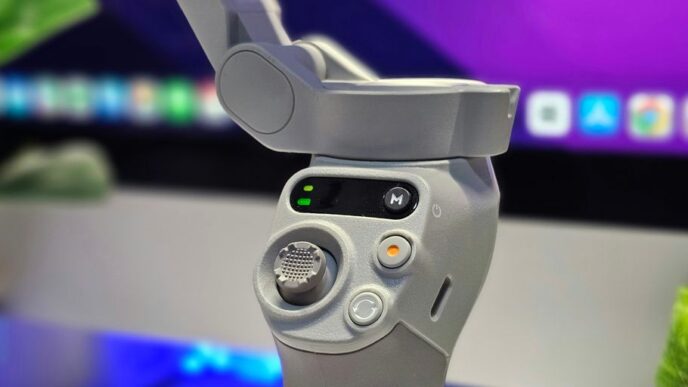When you’re facing bumper damage on your vehicle, the question of whether to file an insurance claim can be a perplexing one. Before making a decision, it’s crucial to weigh the pros and cons. Here, we break down the key factors to consider:
1. Assess the Extent of the Damage
First things first, closely examine the damage. Minor scratches or dents might not warrant an insurance claim, especially if the repair cost is below your deductible. On the other hand, significant damage that affects the vehicle’s safety or resale value may require professional intervention.
2. Know Your Deductible
Your deductible is the amount you pay out of pocket before your insurance covers the rest. If the cost to repair your bumper is close to or less than your deductible, filing a claim may not be financially beneficial.
3. Consider Future Insurance Rates
Filing an insurance claim can lead to an increase in your future premiums, depending on your policy and history of claims. It’s wise to consult with your insurance provider to understand how a claim for bumper damage might affect your rates.
4. Evaluate the Impact on Your No-Claim Bonus
Many insurance companies offer a no-claim bonus (NCB) for each year you don’t file a claim, which can significantly reduce your premiums over time. Filing a claim for bumper damage might reset your NCB, leading to higher premiums in the long run.
5. Check If It’s Covered Under a Collision or Comprehensive Claim
Understanding the coverage of your insurance policy is crucial. Bumper damage caused by an accident with another vehicle typically falls under collision coverage, while damage from non-collision incidents, like hitting a pole, might be covered under comprehensive coverage.
6. Consider the Time and Effort
Dealing with insurance claims can be time-consuming. For minor bumper damage, you might find that the time and effort aren’t worth the potential benefits, especially if you have a high deductible.
7. Look Into Alternative Repair Options
Sometimes, minor bumper damage can be fixed with DIY kits or by visiting a local auto body shop for a quick fix. These options could be more cost-effective and quicker than going through the insurance claim process.
8. Reflect on the Age and Condition of Your Vehicle
If your vehicle is older or already has significant wear and tear, investing in professional bumper repair might not significantly impact its value. In such cases, filing an insurance claim may not be the best course of action.
9. Legal and Safety Considerations
If the bumper damage affects the vehicle’s safety features or if you’re legally required to report the damage, it’s imperative to prioritize these aspects above cost considerations.
10. Personal Financial Situation
Ultimately, your decision may come down to your current financial situation. If you’re able to cover the repair costs without significant financial strain, it might be preferable to avoid filing a claim and potential rate increases.
Deciding whether to file an insurance claim for bumper damage involves a careful evaluation of the damage, your insurance policy, and the potential consequences on your premiums and no-claim bonus. When in doubt, consulting with your insurance provider can offer clarity and help you make an informed decision.













